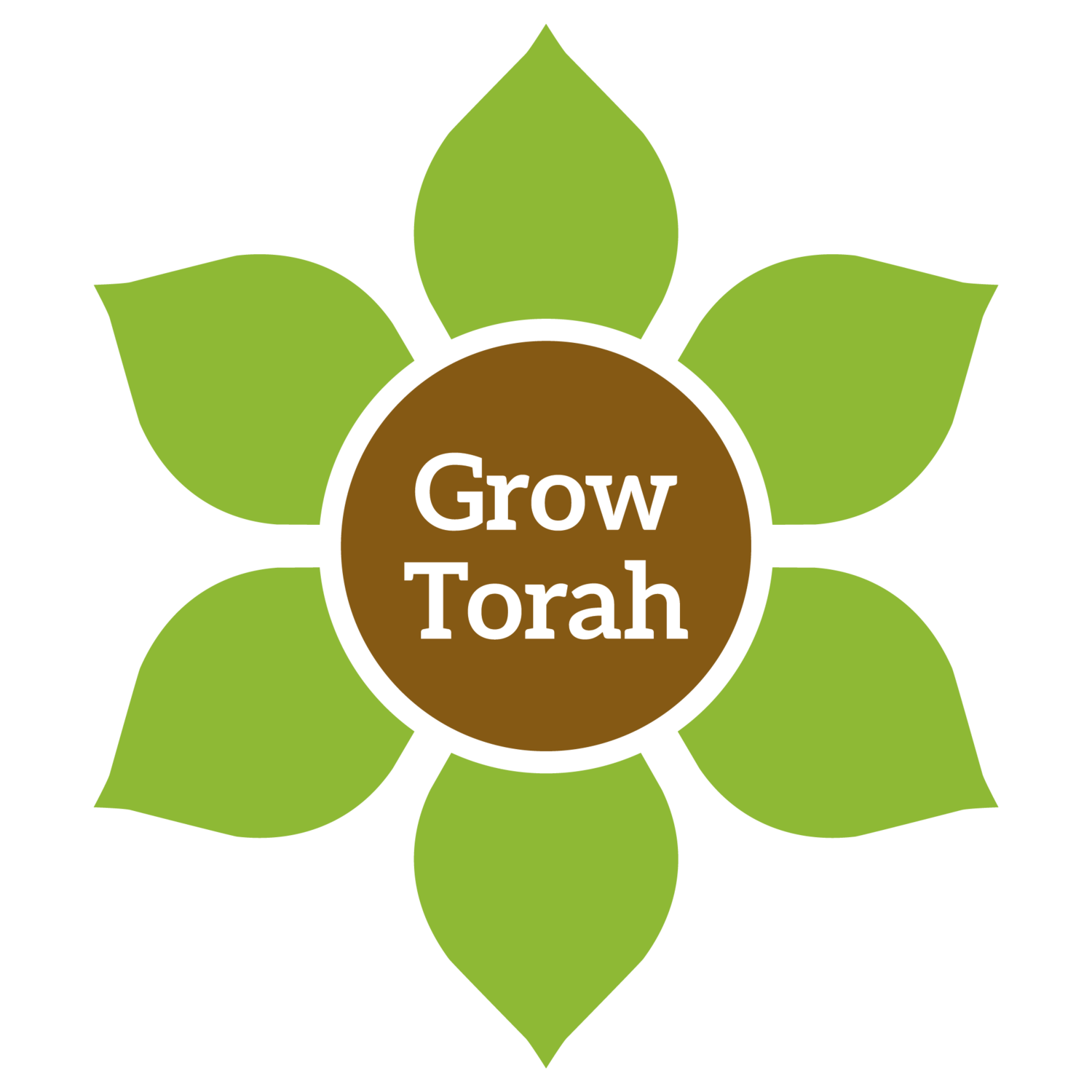Laws of Israel (מצוות התלויות בארץ) - GrowTorah Q&A
When it comes to agriculture, there are some Israel-specific laws. This section deals with some of those laws, such as kedushat shevi’it, Orla, and Bikurim.
1. Can food scraps with kedushat shevi’it (קדושת שביעית) be composted? Can they be composted by dumping them in the forest or any way that the garden would not benefit?
2. How does Orla (ערלה) work with potted fruit trees and might be planted into the ground?
3. How does one practice the mitzvah of bikkurim (ביכורים) in modern times, in the absence of the Beit Hamikdash (בית המקדש)?
1. Can food scraps with kedushat shevi’it (קדושת שביעית) be composted? Can they be composted by dumping them in the forest or any way that the garden would not benefit?
As a general rule, when fruits have kedushat shevi’it and they are edible, they are not allowed to be damaged in any way. In Israel, if one has otzar beit din (אוצר בית דין) fruits, when there is a piece of fruit left, it is put in its own bin and is left alone until it becomes inedible (to people), and then there are no limitations on it.
The fruits of Shmita must be l’ochla (לאכלה- for eating) and not l’hefsed (להפסד- for loss) so one cannot waste or damage any of those fruits. For example, an apple with some remnants on the core should be left in a special shmita (שמיטה) bin. When it reaches the point that nobody would eat it anymore (even if they scraped out the remnants), then it can be put in the compost.
In this case, inedible food is anything that has started to decompose past the point that people would want to eat it; it is a general rule and not a specific question of if you would eat it or not. Once it reaches that point, one does not need to consider kedushat shevi’it because if it had some kedusha (קדושה), it would be prohibited to throw it in the garbage.
2. How does Orla (ערלה) work with potted fruit trees and might be planted into the ground?
See this article on OU Torah about Halacha L’Maaseh on Orla
If there is enough dirt in the flowerpot to keep the tree there for a long time, then the Orla count would not restart if it is planted in the ground. This is normally what happens. If the tree was growing from a seed, it would usually take at least three years for it to be ready to plant into the ground.
The mitzvah of Orla (ערלה) is a Torah commandment (דאורייתא- d’orayta) inside the land of Israel, but outside of Israel there is a dispute of the source of the commandment. For practical halachic decisions this can come to terms in different ways. Some would consider it hilchot medina (הלכות מדינה): a rabbinic prohibition outside of Israel. Today, rabbis do not paskin (פוסקים- decide) this way.
The other approach to the commandment is to treat it as halacha l’Moshe m’Sinai (הלכה למשה מסיני), which would still have the status of some type of Torah prohibition outside of Israel. In order for it to be treated this way, there needs to be absolute certainty that the fruit is Orla. If there is a 99% chance that the fruits in chutz la’aretz (חוץ לארץ- outside of Israel) are Orla but a 1% chance that they are not, we do not assume that they are Orla, which means that people can eat them.
Sometimes in a modern garden nursery it is impossible to know how old a tree is. If there is a possibility that it has been growing for a few years, and it is outside of Israel, then we can be lenient since there is a doubt of the tree’s status as Orla. Many fruit trees do not start bearing fruit until they are around 3-4 years, so if the fruit or flowers have grown, then there is a chance that it would not be an issue anyway.
3. How does one practice the mitzvah of bikkurim (ביכורים) in modern times, in the absence of the Beit Hamikdash (בית המקדש)?
See this article on VBM about The Essential Nature of Bikkurim
Today, it would not be a good idea for people to separate bikkurim (ביכורים). Firstly, it would serve no purpose in terms of fulfilling the mitzvah, since it is impossible to fulfill the complete mitzvah (מצווה) today. The complete mitzvah entails bringing the produce to the Beit Hamikdash (בית המקדש), going to a Cohen (כהן), and reading the parsha of mikra bikkurim (מקרא ביכורים) which is the passage of arami oved avi (ארמי אובד אבי). Then the Cohanim would eat the bikkurim in Jerusalem. Also, the mitzvah applies only in the land of Israel.
There is a commandment on all produce growing in the land of Israel to separate terumah (תרומה) and maaser (מעשר). It is forbidden to eat any of the produce before it has been separated, as the produce is considered tevel (טבל). There is an extensive debate amongst Rishonim as to which parts are Torah versus Rabbinical commandments.
However, with respect to bikkurim, even before bikkurim is separated, the produce is not considered tevel, and the produce can be eaten. If the bikkurim are separated, the separated product becomes useless since nobody can fulfill the mitzvah properly. Since doing the mitzvah properly is impossible today, and it has no impact on the rest of the produce, there is no purpose to separate the first fruits (the bikkurim).
